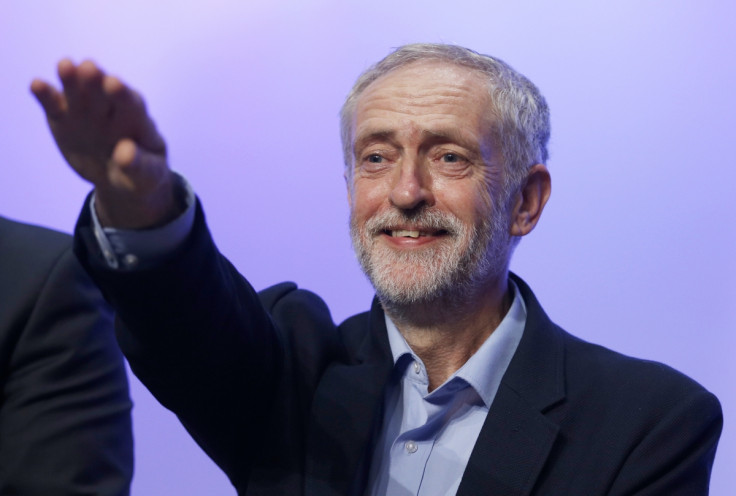William Keegan: Jeremy Corbyn and Blairites have something in common – EU laws are good for Britain

If nothing else, the election of the 66-year-old Jeremy Corbyn to the leadership of the Labour Party has added to the spice of life. The weight of betting on him the day of his triumph was such that the bookmakers were offering 20 to 1 on - that is, for a stake of £20 the punter won a mere pound. This was a far cry from the situation at the start of the campaign, when he was was the 200 to 1 outsider - that is, for a mere £1 stake you received £200.
Now, most of the British press is traditionally anti-Labour, and they could hardly believe their luck when they found they were dealing with an extreme left-winger who had reportedly rebelled against the official Party line over 500 times. Not only were his policies prime targets - leaving Nato, abandoning the Trident nuclear deterrent, interfering with the independence of the Bank of England, possibly leaving the European Union - but the man himself appeared to be a shambles, and wholly unprepared for dealing with the voracious media.
Thus the media had a field day with a succession of putative gaffes, their favourite being the new Leader's reluctance to join in singing the National Anthem during a Battle of Britain memorial service at St Paul's Cathedral. Come the weekend and the newspapers were replete with day-by-day and hour-by-hour accounts of Corbyn's first week of leadership, plus reports of alleged plots to unseat him.
However, these are early days, and we can expect a lot of 'trimming' when it comes to foreign policy. Corbyn's principal interest is in attacking the Conservative Government's continuing policy of austerity, a subject on which regular readers will not be surprised to learn that this correspondent is in agreement with him.
Sensible EU-turn
But this week I wish to concentrate on what I regard as a most important change of policy announced by Corbyn. From giving the impression that he would be quite happy for the UK to leave the European Union, Corbyn has conducted what we in the trade like to describe as 'a U-turn.'
His position altered from threatening to support the 'Out' cause in the planned referendum on our membership should David Cameron negotiate an opt out from the EU's Social Chapter, instead undertaking to reverse such a move if he eventually comes to power. This is eminently sensible. It was one of Tony Blair's early acts after becoming prime minister in 1997 to reverse the previous Conservative government's decision to opt out of the EU's employment protection laws.
Yet with so much insecurity prevailing in the UK labour market, the Cameron government wishes to tighten the screws on the laws that offer some legal protection to employees. This seems to be emerging as a central preoccupation of Cameron's mission to make the European Union more acceptable to the eurosceptics in his own party before the referendum.
The truth however, is that nothing will make the EU more acceptable to those sceptics. Despite the fact that, as George Soros says, the UK has "the best of both worlds" with regard to the EU - i.e. the benefits of membership of the single market without the constraints of the eurozone - the eurosceptics will not be happy until the UK leaves the EU. To which my own reaction is: perish the thought.
In any case, it is evident that there is not much sympathy in the rest of the EU for the demands of the British eurosceptics. With all the pressing problems of the eurozone, and the biggest migration crisis for generations, British demands for renegotiating our relationship with the rest of the EU must be slipping way down the list of priorities of that key figure in any such negotiation, namely one Angela Merkel.
William Keegan is a journalist, academic, and the senior economics commentator at The Observer. He has published his latest work – Mr Osborne's Economic Experiment - Austerity 1945-51 and 2010 (published by Searching Finance).
© Copyright IBTimes 2024. All rights reserved.






